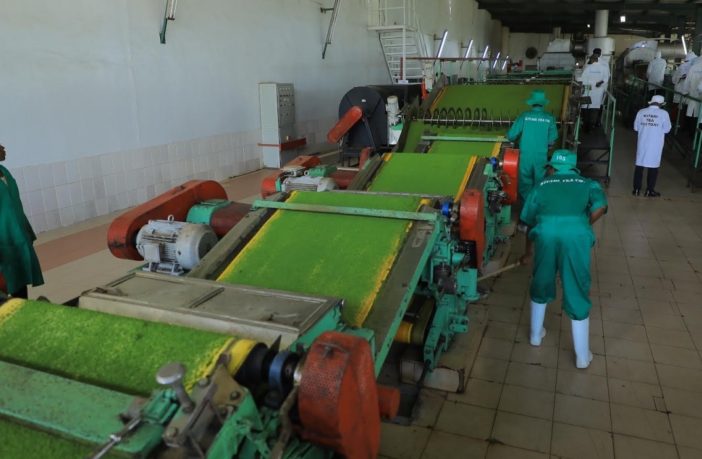Rwanda has been singled out as a significant player in shaping Africa’s future, according to a recent World Bank report, The New Times, Rwanda’s largest daily newspaper, reported on Sunday, April 16.
The report titled ‘Africa’s Pulse: Leveraging Resource Wealth During the Low Carbon Transition’ is a publication of the Office of the Chief Economist in the World Bank Africa Region, focuses on the short-term economic prospects of the continent and its current development challenges. It also provides insights on potential ways to address these challenges.
In the report, Rwanda is mentioned several times in relation to various economic aspects.
Despite challenges posed by the pandemic, the country’s economy remained resilient in 2022, driven by the revival of the tourism sector.
According to the report, tourism in Rwanda reached 68 percent of its pre-pandemic level, generating 3.4 percent of GDP in foreign exchange. This is a testament to the country’s ability to adapt and respond to adverse circumstances, which is crucial for long-term economic growth.
Rising food and energy prices continue to be a concern in the region and have contributed to inflationary pressures. According to the report, about 75 percent of the countries in Sub-Saharan Africa registered double-digit year-over-year inflation rates at the end of 2022, with Rwanda being one of them.
The main drivers of inflationary pressures are the depreciation of the exchange rate, high input costs, and extreme weather events, such as droughts in the Horn of Africa.
The report suggests to prevent further deterioration of people’s incomes and food security, policy makers need to prioritize bringing down inflation and anchoring inflation expectations.
Another area of concern highlighted in the report is the financial needs required to roll over maturing debt. Rwanda has had a sharp increase in public gross financial needs, which includes the fiscal deficit, plus any other transactions that require financing, plus amortization.



